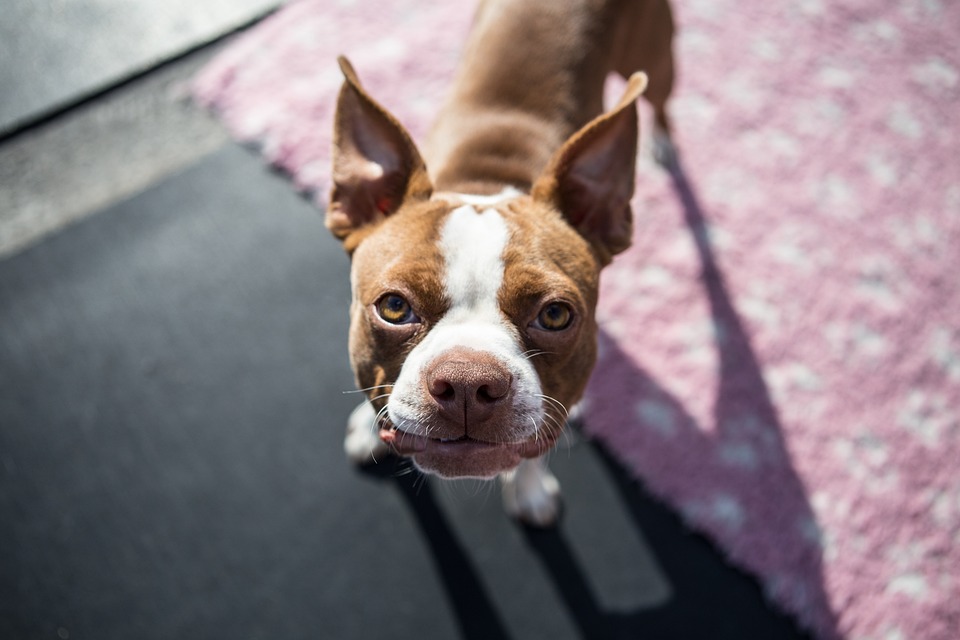Title: A Guide to Polite Behavior during Outdoor Weddings or Ceremonies: Training Sessions for Your Dog
Introduction:
Outdoor weddings and ceremonies provide a picturesque backdrop for couples to exchange vows. However, attending such events with your furry friend requires proper training to ensure they exhibit polite behavior. In this article, we will provide valuable insights on how to train your dog for outdoor events and address frequently asked questions to help you prepare for a memorable and stress-free experience.
I. Understanding the Importance of Training for Outdoor Events
A. Why is training necessary for dogs attending outdoor weddings or ceremonies?
Attending outdoor events can be overwhelming for dogs due to the unfamiliar surroundings, noise, and crowds. Training helps them feel confident, reduces anxiety, and prevents disruptive behavior.
B. Benefits of a well-trained dog during outdoor events
A well-trained dog adds to the joy and harmony of the event. They are more likely to follow commands, exhibit polite behavior, and avoid causing any disturbances. Additionally, a well-behaved dog can enhance the overall atmosphere and create a positive impression on other guests.
II. Fundamental Training Techniques for Polite Behavior
A. Basic obedience commands
Teaching your dog basic commands like sit, stay, down, leave it, and come is essential for their safety and the comfort of others. These commands help you control your dog’s behavior and ensure they listen to you even in distracting environments.
B. Loose leash walking
Training your dog to walk politely on a leash is crucial for outdoor events. It prevents them from pulling, lunging, or becoming overly excited, allowing you to navigate through the event smoothly.
C. Polite greetings with humans and other animals
Teaching your dog to greet people and other animals politely is vital. They should learn to approach calmly, without jumping or excessive barking. This ensures a positive interaction for everyone involved.
D. Ignoring distractions
Outdoor events can be filled with distractions like food, decorations, or other animals. Training your dog to ignore these distractions helps them stay focused on you and reduces the likelihood of disruptive behavior.
III. Desensitization and Socialization
A. Exposing your dog to various environments
Gradually exposing your dog to different outdoor environments, such as parks or busy streets, helps them become comfortable with new surroundings and reduces anxiety.
B. Introducing them to crowds and noises
To prepare your dog for the hustle and bustle of an outdoor event, gradually expose them to crowds and noises. Start with quieter environments and gradually increase the level of noise and number of people.
C. Positive reinforcement for calm behavior
Rewarding your dog’s calm and polite behavior during training sessions helps reinforce positive behavior. Use treats, praise, and affection to motivate and encourage your dog.
IV. Preparing for the Big Day
A. Familiarize your dog with the event location
Take your dog to the event location beforehand, if possible, to familiarize them with the surroundings. Let them explore, sniff, and become comfortable with the environment.
B. Practice mock ceremonies or rehearsals
Holding mock ceremonies or rehearsals at home or in a similar setting helps your dog become accustomed to the flow of events and their role during the ceremony.
C. Establish a routine before the event
Maintain a consistent routine leading up to the event to help your dog feel secure and relaxed. Stick to regular feeding times, exercise routines, and ensure they have plenty of mental and physical stimulation.
D. Dressing your dog appropriately
If you choose to dress your dog for the event, make sure the attire is comfortable and does not restrict their movement or cause discomfort. Gradually introduce them to the clothing before the event to avoid any surprises or discomfort on the day.
V. Frequently Asked Questions (FAQs)
1. Can all dogs be trained to attend outdoor weddings or ceremonies?
2. How far in advance should I start training my dog for such events?
3. How can I manage my dog’s behavior during the ceremony?
4. How can I prevent my dog from barking or becoming overly excited?
5. Are there any restrictions or guidelines I should be aware of when bringing my dog to an outdoor event?
Conclusion:
Training your dog for outdoor weddings or ceremonies is crucial to ensure they behave politely and enjoy the experience alongside you. By following the techniques and guidelines outlined in this article, you can create a harmonious and memorable event for everyone involved. Remember, patience, consistency, and positive reinforcement are key to achieving success.









